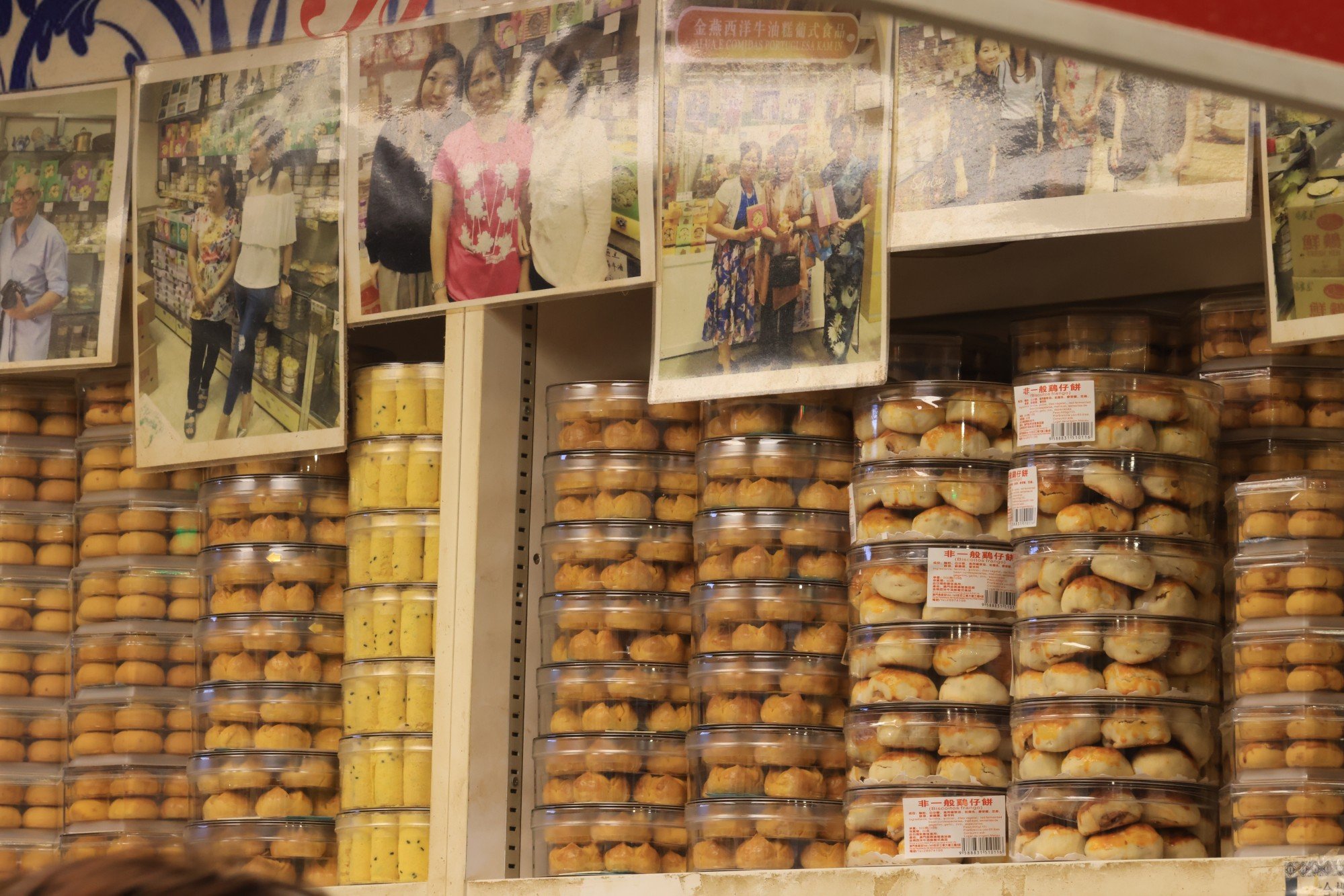Macau’s mix of Chinese and Portuguese food was the first fusion cuisine according to Unesco

There is no hyperbole in what some people might consider to be Macau’s unlikely claim to fame – even the scholarly gatekeepers at Unesco recognise the city as home to the world’s “first fusion cuisine”.
Its listing as a Creative City of Gastronomy cites a more familiar framing: “combining Eastern and Western culture”, which is thanks to its prime Pearl River Delta vantage, its over 400 years under Portuguese administration, and its influence in turn on the cuisines of Malaysia, Japan, Brazil and a number of port cities across Africa.
Many of Macau’s greatest hits will no doubt be familiar – or else you should be sure to try them on your next trip.
However, it takes more than a unique and charming local cuisine to earn a Creative City of Gastronomy status. It’s been nearly seven years since Unesco named Macau as a Creative City of Gastronomy, but what does that lofty designation actually mean?

To join the Unesco club, cities need to apply under its Creative Cities initiative – aside from gastronomy, categories include crafts and folk art, design, film, literature, the media arts and music. Macau made the cut in late 2017 after a two-year application process, pursued in line with the Macao Government Tourism Office’s (MGTO) strategy to develop the city as a “world centre of tourism and leisure”.
So far the impact has been positive, according to MGTO director Maria Helena de Senna Fernandes, with follow-up reports offering “positive feedback overall, which bespeaks Unesco Creative Cities Network recognition for Macau”. Unesco also notes Macau’s experience with events celebrating cuisine, such as the Macau Food Festival, which saw its 24th edition last December.
And the SAR doesn’t plan to stop there. According to Unesco, Macau is doing the necessary work with institutions to promote a sustainable food culture, as well as hosting festivals and training young talent to enhance the SAR’s gastronomy.
“It is important to mention that the development of Macau as a Creative City of Gastronomy can only succeed if embraced by the whole city, as it encompasses a change in mindset and practices towards more sustainability,” Senna Fernandes concludes.
Key initiatives in train to further develop Macau as a City of Gastronomy include adding further gastronomic elements to the city’s tourist promotions, implementing a financial support programme named Taste of Macau, and creating a Macanese cuisine database to collate information and expand public knowledge of the cuisine and culture.
Source link




